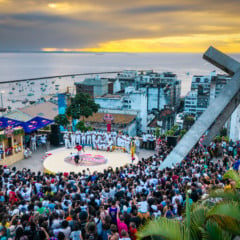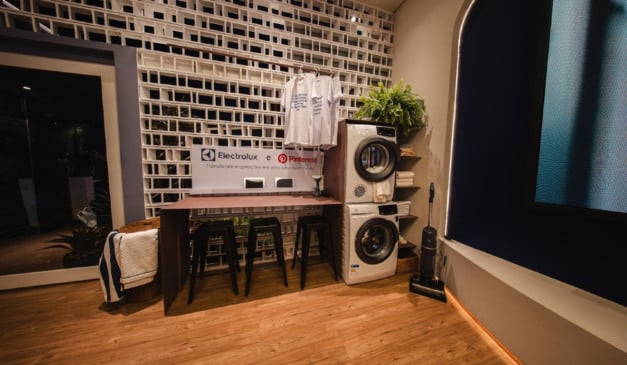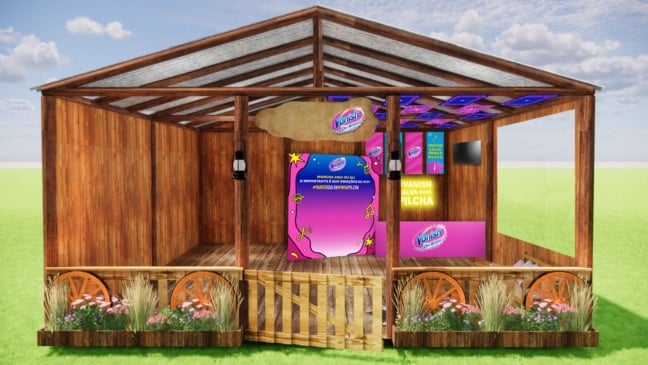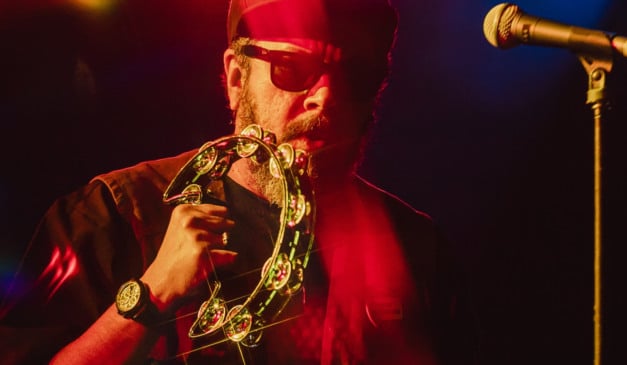Belo Horizonte was the Brazilian capital for the Earth Hour. The announcement took place on March 24 in the City Hall’s auditorium, downtown, after the city won the national title in a dispute with Rio de Janeiro and São Paulo.
Earth Hour’s international jury, the Cities Challenge, WWF’s global project in partnership with Local Governments for Sustainability (ICLEI), awarded the capital by efforts for sustainability.
In its third edition, the challenge elected capitals of 13 countries that work on sustainable environmental preservation. The city competed for the international title in an event that happened on Thursday, March 27 in Vancouver, Canada.
For the first time Brazil participated in this contest and presented eight projects, which aimed to mitigate the effects of climate change and adaptation benefits that focus on these variations.
In the Cities Challenge, investments in the restructuring of the energy matrices for clean sources were evaluated. Local initiatives were reported on a carbon record platform for the cities (Carbonn), internationally recognized and managed by ICLEI. Relevant data, actions and plans for maintaining a balanced climate and a sustainable future were presented by the cities.
“The challenge’s first edition in Brazil shows us that there are excellent examples of cities that play a leading role in measuring their emissions and building comprehensive plans to address climate change”, remarked Florence Laloe, ICLEI’s executive secretary.
Among the projects that have led the capital to victory, was the Photovoltaic Solar Power Plant, installed on the roof of the Mineirão, one of the stadiums for the World Cup. Another highlight was Cemig’s Energy Efficiency Program, through which part of the profit of the company is devoted to research and development.
According to Marcio Lacerda, the mayor, this recognition means that Belo Horizonte is the place for synergy and scale necessary to make a great leap towards sustainability.
Marcio also states that other issues of sustainability can be worked in favor of climatic quality, such as the use of LED lamps, sustainable and economic. “The replacement of traditional city’s traffic signal bulbs with LED lights was very successful”, he said.
WWF campaigns coordinator, Michel Rodrigues, praised the actions and efforts of the state capital on the sustainable development and effective participation in the Earth Hour event on Saturday, March 29/3.
For one hour, the lights from several spots of the city will be turned off, such as the St. Francisco de Assis Church, the City Hall, the Bandeira Square, the Legislative Assembly, the Administrative City and the Department of Environment, as well as bars and hotels.












